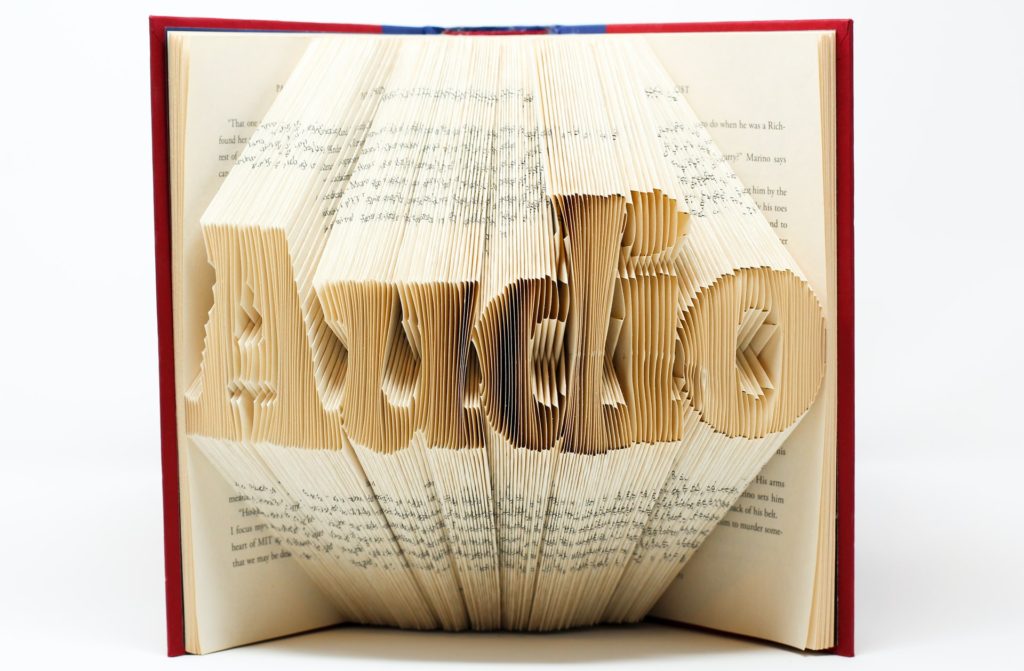Literature in the audiovisual era. Can it survive, and how? I’m bouncing ideas off Igor da Silva Livramento, friend and fellow writer, academic, and creative-writing advisor. He’s also a composer, music theorist, and producer. You can find him on LinkedIn, and also take a look at his blog and his page on Bandcamp.
Chris: The idea behind this post began as a series of what-if thoughts and musings. We were talking about a generational disconnect in terms of readers’ ability to fill in the gaps.
Igor: Younger-generation writers grew up with (anglophone) young-adult fantasy and science fiction. Literally everything is spoon-fed to them, all details, all plot points, everything. I don’t like that. I wholeheartedly believe in strategic holes and unexplainables.
Chris: Man, I write about this on the blog all the time. Off the top of my head, I’d mention my posts on over-explaining, narrative exposition, and of course the more theoretical on Keats’s negative capability.
Igor: Suggesting is much more powerful than showing, because the imagination is boundless, thus filling the vacuum with something truly intense. This is the tactic I’ve found for my literature to survive in a predominantly audiovisual era.


